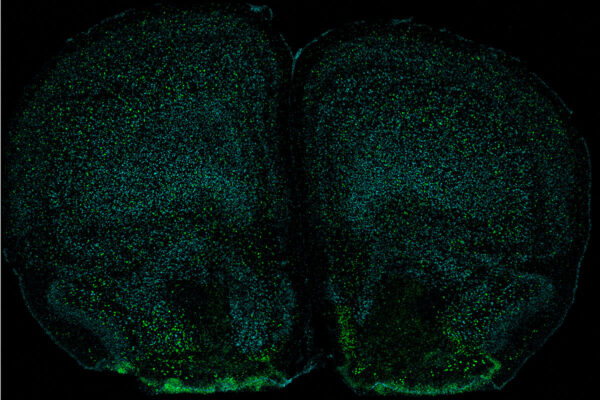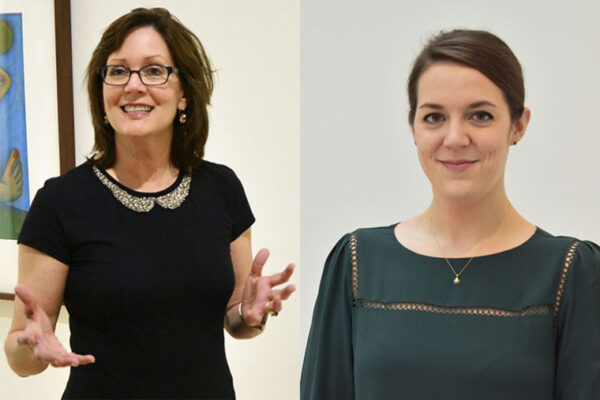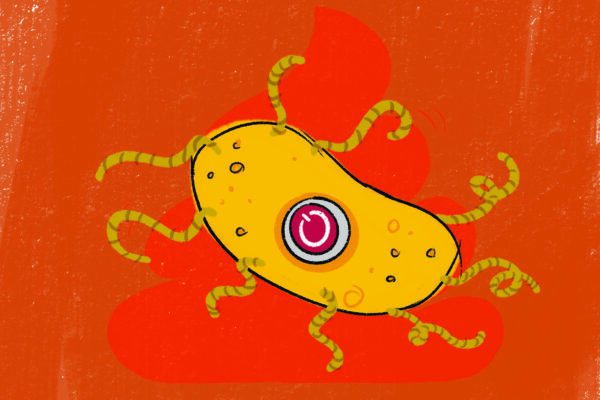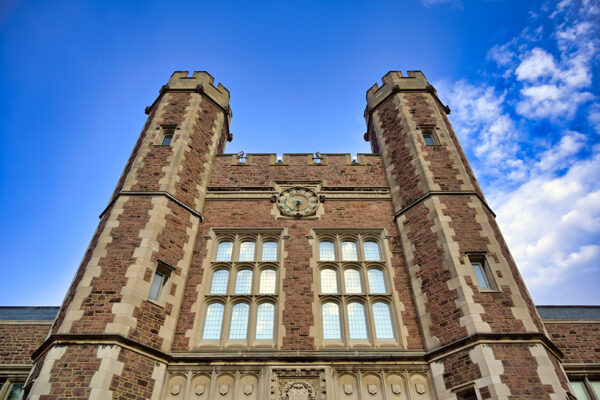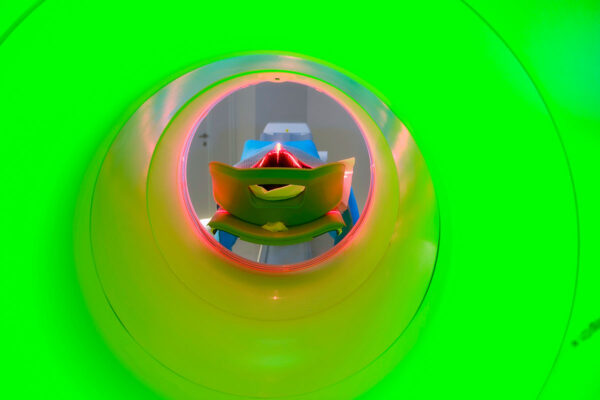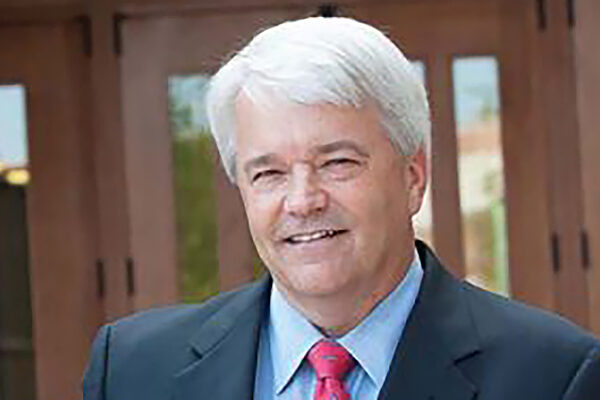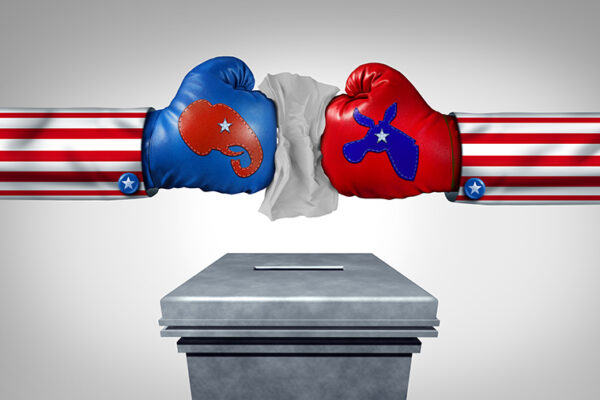Immune system affects mind and body, study indicates
School of Medicine researchers have discovered that a molecule produced by the immune system acts on the brain to change the behavior of mice. The findings help illuminate a surprising mind-body connection.
Older people with early, asymptomatic Alzheimer’s at risk of falls
Older people without cognitive problems who experience a fall may have undetected neurodegeneration in their brains that puts them at high risk of developing Alzheimer’s dementia, according to a study from Washington University School of Medicine.
Messbarger, Sheedy win Rome Prize Fellowships
Rebecca Messbarger, professor of Italian and founding director of the Medical Humanities program in Arts & Sciences at Washington University in St. Louis, and Lindsay Sheedy, a doctoral candidate in art history and archaeology in Arts & Sciences, have both been named 2021 Rome Prize Fellows by the American Academy in Rome.
Materials in lithium-ion batteries may be recycled for reuse
A team of engineers from the McKelvey School of Engineering at Washington University in St. Louis conducted a feasibility study for electrochemical “refilling” of lithium-ion batteries into the spent electrodes to regenerate useful compounds.
Kill switch could keep genetically engineered bacteria at bay
With a grant from the USDA, a researcher at the McKelvey School of Engineering at Washington University in St. Louis works toward a customizable kill switch — a genetic circuit that could tell bacteria to self-destruct.
Parking, transportation updates for new academic year
The Danforth Campus Parking and Transportation team shares important updates for the 2020-21 academic year. Learn more online.
Washington University begins search for executive vice chancellor and chief administrative officer
A search committee comprising faculty and administrators will begin its work to identify candidates to succeed Henry S. Webber, who will transition to the newly created role of executive vice chancellor for civic affairs and strategic planning.
Imaging agent developed at Washington University spotlights inflammation
School of Medicine scientists have created a PET imaging agent that detects signs of inflammation. Such a tracer could aid diagnosis and study of diseases ranging from cardiovascular disease to cancer to COVID-19.
Most Americans expect cheating in the November elections
Who leads on election night, which may change as mail-in and challenged ballots are counted after Election Day, is surely to influence who considers the vote count to be accurate. This could get ugly. Just how ugly will be determined by the quality of election administration and the rhetoric of political leaders.
Rigged election? Partisans view threats to election integrity differently
Even before they cast their votes, partisans of different stripes are poised to question the legitimacy of the election outcome, but for different reasons. According to political scientist Steven Smith at Washington University in St. Louis, findings of The American Social Survey, sponsored by the university’s Weidenbaum Center, indicate that the intensity of candidate and media attention about voting fraud threats — real or not — is influencing views of the legitimacy of the election outcome in November.
View More Stories
